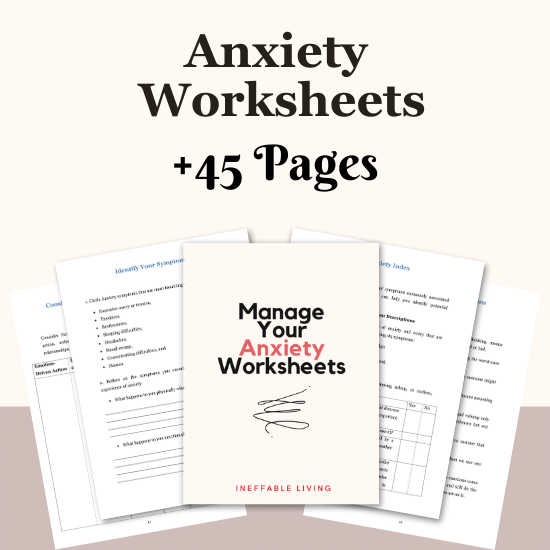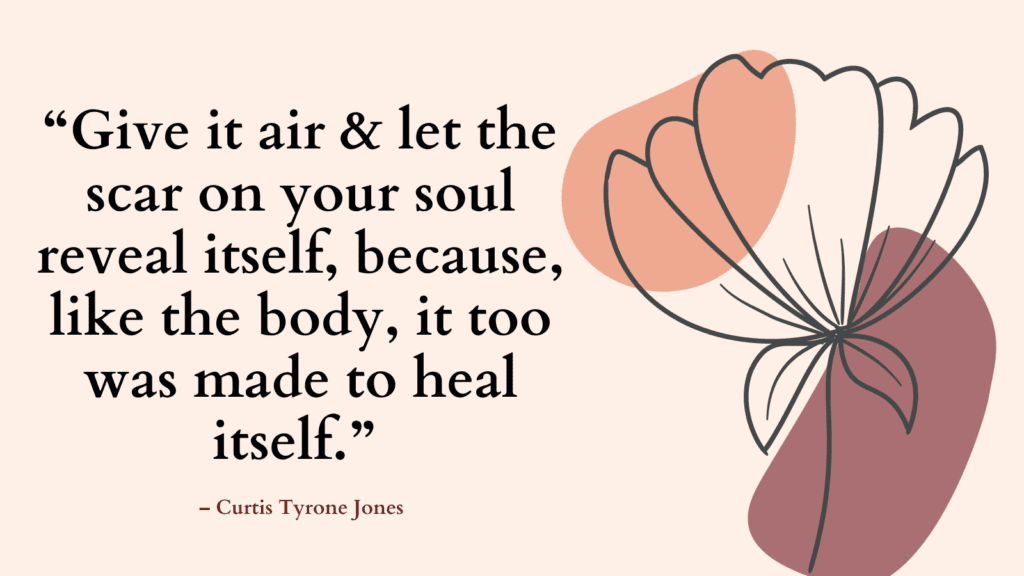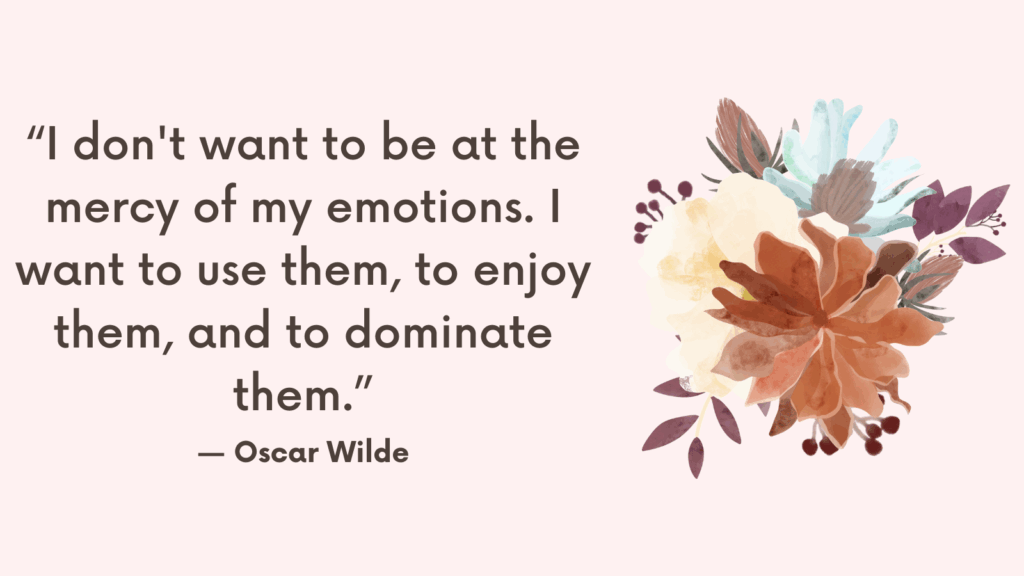Sunday night anxiety often creeps in as the weekend ends and the new week begins. It’s a mix of dread, pressure, and racing thoughts about everything ahead. Instead of letting it spiral, try these practical ways to calm your mind and take back your Sunday evenings.
What Is Sunday Night Anxiety and Why It Happens
Sunday night anxiety is the sense of dread, unease, or restlessness that creeps in toward the end of the weekend — usually late Sunday afternoon or evening. While weekends are meant to be a time of rest and recharge, many people experience a shift in mood as the start of the work or school week approaches. This emotional weight isn’t just in your head — it’s a real psychological response, and understanding where it comes from can help you manage it more effectively.
The Anticipation of Responsibility
Sunday night anxiety is often rooted in anticipatory stress. As Monday approaches, your brain begins to mentally rehearse the demands of the week ahead. You might start thinking about deadlines, meetings, schoolwork, chores, or social obligations. Even if these tasks are manageable, the anticipation of them can trigger a stress response — especially if the upcoming week feels busy, uncertain, or overwhelming.
Unfinished Tasks and Guilt
Many people use weekends to “catch up” on rest, errands, or personal projects. But if your weekend didn’t go as planned or you didn’t check everything off your list, you might end Sunday with a sense of guilt or failure. That internal narrative — “I didn’t do enough” — can fuel anxiety about the upcoming week, especially if you feel like you’re starting already behind.
Cultural Pressure and Burnout
In many cultures, Monday is seen as the start of the “grind.” If your work or school environment is high-pressure, toxic, or simply draining, the thought of returning to it can trigger deep anxiety. Even if you don’t hate your job or responsibilities, the collective mindset around Monday being difficult can influence your emotional response — especially if you’re already feeling burned out.
How to Cope with Sunday Night Anxiety?
1. Identify the Source of the Anxiety
Is it a packed schedule, unfinished tasks, social pressure, or work stress? Knowing the trigger helps you respond more intentionally.
2. Write a Brain Dump List
Get all your to-dos, worries, and thoughts onto paper. This stops your brain from spinning in circles and gives you a clear starting point.
Related: Night Terrors vs. Nightmares: How To Tell The Difference
3. Create a Low-Key Monday Plan
Ease into your week with something manageable. If possible, schedule lighter tasks first or plan a small Monday ritual that you look forward to.
4. Avoid Overbooking Your Sundays
Leave space in your Sunday evening to unwind. If your day is too full, the anxiety tends to build as the day ends.
Related: How to Manage Anxiety at Night?
5. Turn Off Work Notifications Early
Set a boundary between weekend and work by silencing emails or Slack notifications. Give your nervous system a chance to rest.
6. Practice a Grounding Activity
Go for a walk, stretch, take a warm shower, or sit in silence for 5 minutes. Choose something physical and simple that brings you into the present.
7. Create a Sunday Night Routine
Develop a routine that signals closure and calm: dim lights, prepare clothes or lunch for the next day, journal, and wind down without screens.
Related: Best 21 Evening Journal Prompts To Help You Relax & Unwind
8. Limit Screen Time Before Bed
Social media and email can spike stress. Try reading a book, listening to music, or using a calming podcast to transition into sleep mode.
9. Do a “Gratitude and Release” Check-In
Write down three good things from the weekend and one thing you’re letting go of before Monday. This helps shift your mindset from dread to closure.
Related: Best 10 Books About Sleep
10. Use Calming Self-Talk
Remind yourself, “I’ve done this before and I can do it again,” or “This feeling doesn’t mean something is wrong—it just means I care.”
11. Prep Something You Enjoy for Monday
Pack a favorite lunch, plan a podcast for your commute, or wear a favorite outfit. Having one thing to look forward to can soften the pressure.
Related: 30 Coping Skills for Anxiety and Depression
12. Go to Bed Without Perfection Pressure
You don’t have to solve your whole week before Monday. Trust that you can handle things as they come. Rest is a productive choice.

Conclusion
Sunday night anxiety is common, but it doesn’t have to ruin your evening. With small intentional habits, you can create a sense of control and calm that carries into your week.



